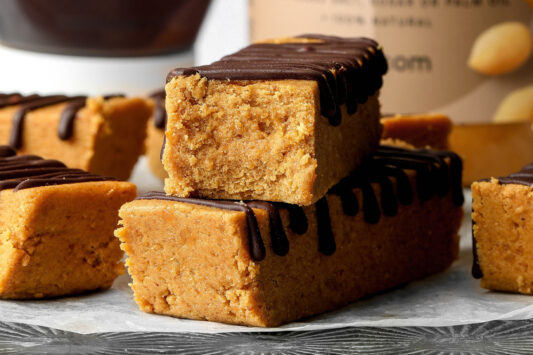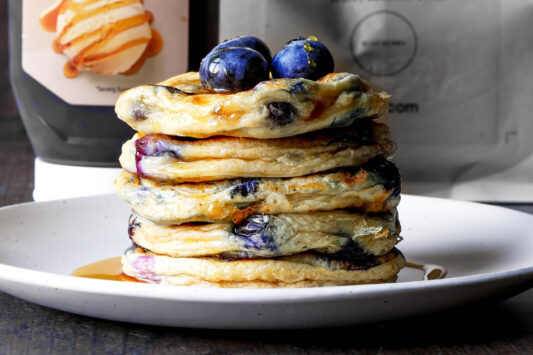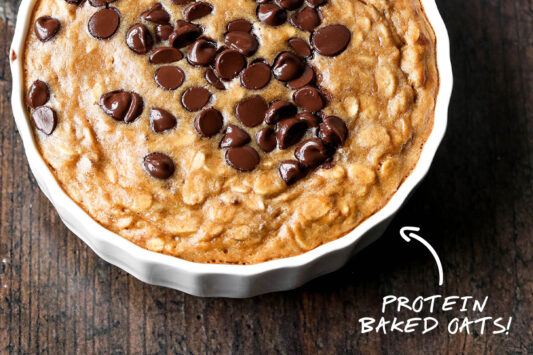Gluten is a type of protein that is most commonly associated with wheat, but it is also present in other grains such as rye and barley. Consuming gluten for most people is not problematic; however for some people the body recognises gluten as an unwanted invader, so the immune system attacks the tissues in the intestine where the gluten is present. This intolerance to gluten is known as coeliac disease and is diagnosed by symptoms, such as stomach pain, bloating and diarrhoea and clinical diagnosis using tests for certain biological markers of inflammation and biopsy of the small intestine.
Outside of Coeliac disease there are many people who present with some symptoms of coeliac disease, mainly the bloating and diarrhoea, but who on further investigation do not have the other markers of Coeliac disease. This is often referred to as non-coeliac gluten sensitivity (NCGS). Within the scientific and medical community it is still hotly debated as to if this disorder actually exists, or if it does exist if gluten is indeed responsible for the reporting of these symptoms.
This is because when they test patients who identify themselves as gluten sensitive, whose apparent symptoms disappear at the removal of gluten form the diet, they often find that it is not gluten triggering these symptoms when given gluten under test conditions. However, this does not mean that there might not be issues with foods that contain gluten, it might just be other proteins or compounds within these foods that might be triggering the issue. This has lead for calls for NCGS to be renamed to something along the lines of non-coeliac wheat protein sensitivity, which is more appropriate if indeed gluten is not always to blame.
There are several candidates in wheat that could trigger these symptoms that often get confused with gluten intolerance, especially in those who already have conditions like irritable bowel syndrome. These include FODMAPS such as fructose (especially high amount of fruit sugars), fructans (polymers of fructose sugar), lactose (sugars found in dairy) and polyols (sugar alcohols often used as sweeteners).
As is common when there are medical issues associated with a certain food, some people take this to mean that these foods are bad for everyone. It is therefore unsurprising that there are many advocates of the gluten free diet, even for those who have no prior issues with eating foods that contain gluten. Removal of gluten is often touted as the key to weight loss and general health and indeed many people who do cut gluten do lose weight or feel less bloated and suffer less intestinal discomfort.
Superficially at least it may seem that there is something beneficial in removing gluten from the diet. However, when we consider the foods that contain gluten and wheat, we are actually removing foods such as breads, pastries, cakes, pizza dough, cookies, biscuits and many more foods that are not just calorie dense, but also easy to overconsume on.
It is unsurprising then, that by removing these foods and replacing these with more nutrient dense, lower calorie foods in the diet such as fruits and vegetables, that people not only lose weight and feel less bloated but also feel healthier as well. This is often nothing to do with gluten as such, but is an indirect result of reducing food volume, calorie intake and encouraging the consumption of foods richer in vitamins and minerals.
There is also a bit of false reasoning when blaming gluten sensitivity directly for unwanted weight gain or inability to lose weight. It is interesting that those who do have coeliac disease or eat foods that trigger IBS actually tend to lose weight, not gain it. This is because they tend to avoid foods completely through pain and discomfort and this can be accompanied by an inability to properly absorb nutrients due to the damage to the intestines. This is far removed from the idea that a reaction to gluten, or wheat, would cause weight gain as it is simply not true in those people who have been properly diagnosed with these conditions.
One positive thing that has occurred with the increased focus on coeliac disease and NCGS, even for what some might be considered the wrong reasons, is that in recent times this had led to the development of a wider range of gluten free products. This makes life much easier and enjoyable for those with genuine gluten intolerance as they have a much wider variety of foods they can now safely choose from.
In summary, the gluten free diet is only essential for those who have genuine health issues when consuming foods that contain gluten. However, for those who have never had issues with gluten, then the inclusion of gluten in the diet is absolutely fine and is certainly not holding them back when it comes to weight loss. So if you enjoy foods that contain wheat/gluten, then you can continue to consume them even on a weight loss diet, as long you keep in mind how they fit in with your daily energy requirements.
References
Ludvigsson et al. (2024) Diagnosis and management of adult coeliac disease: guidelines from the British Society of Gastroenterology. Gut. 0:1-20
Gibson et al. (2017) Non-coeliac gluten sensitivity. Journal of Gastroenterology and Hepatology. Volume 32:86-89.
Fasano et al. (2015) Non-celiac Gluten Sensitivity. Gastroenterology. 148(6):1196-1205
Biesiekierski et al. (2013) No Effects of Gluten in Patients With Self-Reported Non-Celiac Gluten Sensitivity After Dietary Reduction of Fermentable, Poorly Absorbed, Short-Chain Carbohydrates. Gastroenterology. 145(2):320-328
















